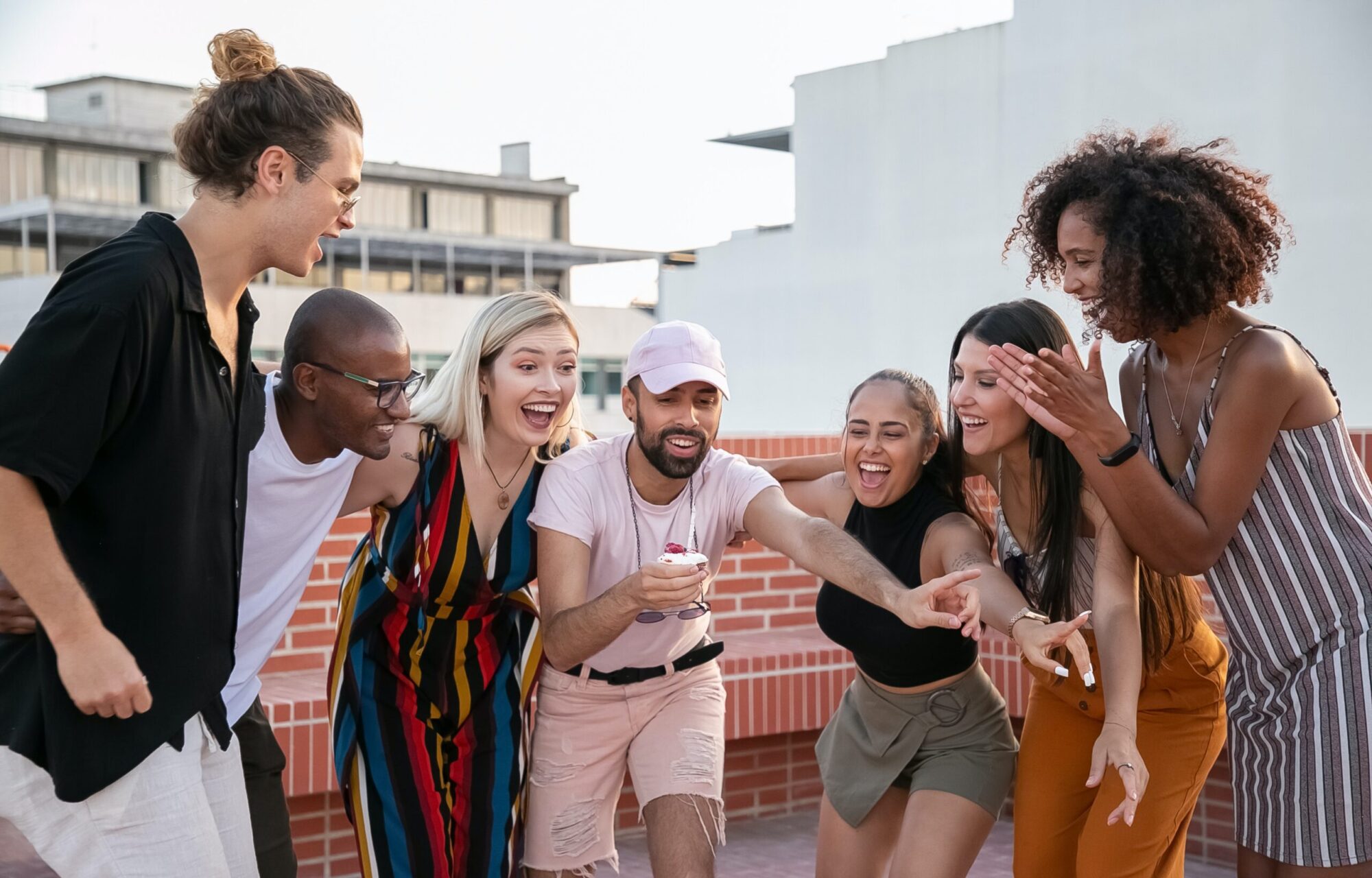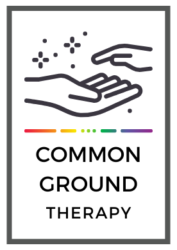At the Intersection of Trauma and Marginalized Identities
People I encounter often avoid talking about privilege as if it is a bad thing. It is as if it is something you should be ashamed of. I think many people are confused about healthy shame versus unhealthy shame. Healthy shame is the shame that you should feel because you took advantage of someone knowingly or perhaps you knowingly caused harm by doing something to someone that you could have had control over. It has a purpose for your well-being and for society and that is to help you manage your behavior and make choices that don’t harm people. Unhealthy shame is the shame we feel because we inherited or took on a burden that isn’t ours. It doesn’t have a positive function for yourself as a whole or society as a whole. If you are white for example, it isn’t redeeming for you to take on the burden of the history of slavery or ongoing systemic racism (a.k.a. White guilt). No one asked you to do that. In fact, when you do so, it does more harm than good. It does harm and is not real accountability. It isn’t a shortcut for examining your actions and how they affect others.

So privilege is something you have because you were born into a situation you couldn’t help and didn’t ask for. Privilege in itself isn’t bad. In fact, in all honesty, for people who have more privilege than me, it must be nice. In some ways for myself personally it is nice, for example, that I have an education, that I have a body shape that I like and is generally acceptable by society, that I am mostly able-bodied, that I have access to resources that help me heal. I am grateful that I have those privileges even though I don’t look down on people who don’t have those same privileges. I can hold these feelings simultaneously. There are many other ways I lack privilege in terms of my transness, inability to mask, being Asian, being neurodivergent. But that’s beside the point. But while we’re here, what comes up for you when I talk about my marginalized identities?
Privilege is not something that it is healthy to be ashamed of. In fact it can be useful. For example, we can use our privilege to help other people who don’t have the same privileges. That brings me to another point, when we use our privilege to help others, it shouldn’t free us from doing our own work or from being accountable for our actions. When we feel unhealthy shame about our privilege, it becomes a barrier to taking accountability. What people tend to do is bargain with the above. We paint ourselves as heroes and get stuck in a false self image that we don’t back up with our actions when we don’t do the work to heal unhealthy shame. That’s where the hero complex comes from. The hero complex dynamic is a huge source of harm that people with privilege can do for the people they intend to help.
The hero complex looks like this:
Someone in a helping role helps someone with less privilege than themselves. And maybe because of some unconscious bias they accidentally say something that is harmful to that person. The person speaks up or sets a boundary to try to protect themself from harm. The helper gets defensive or refuses to take accountability for their actions because they can’t deal with their shame and their self image is shattered. They might deny what they said or did (gaslighting) or refuse to acknowledge privilege. The person with less privilege experiences both the harm and the lack of validation or accountability of their experience and nothing gets resolved. If this happens enough, and it often does, marginalized people internalize that harm and it affects their beliefs about themselves.


